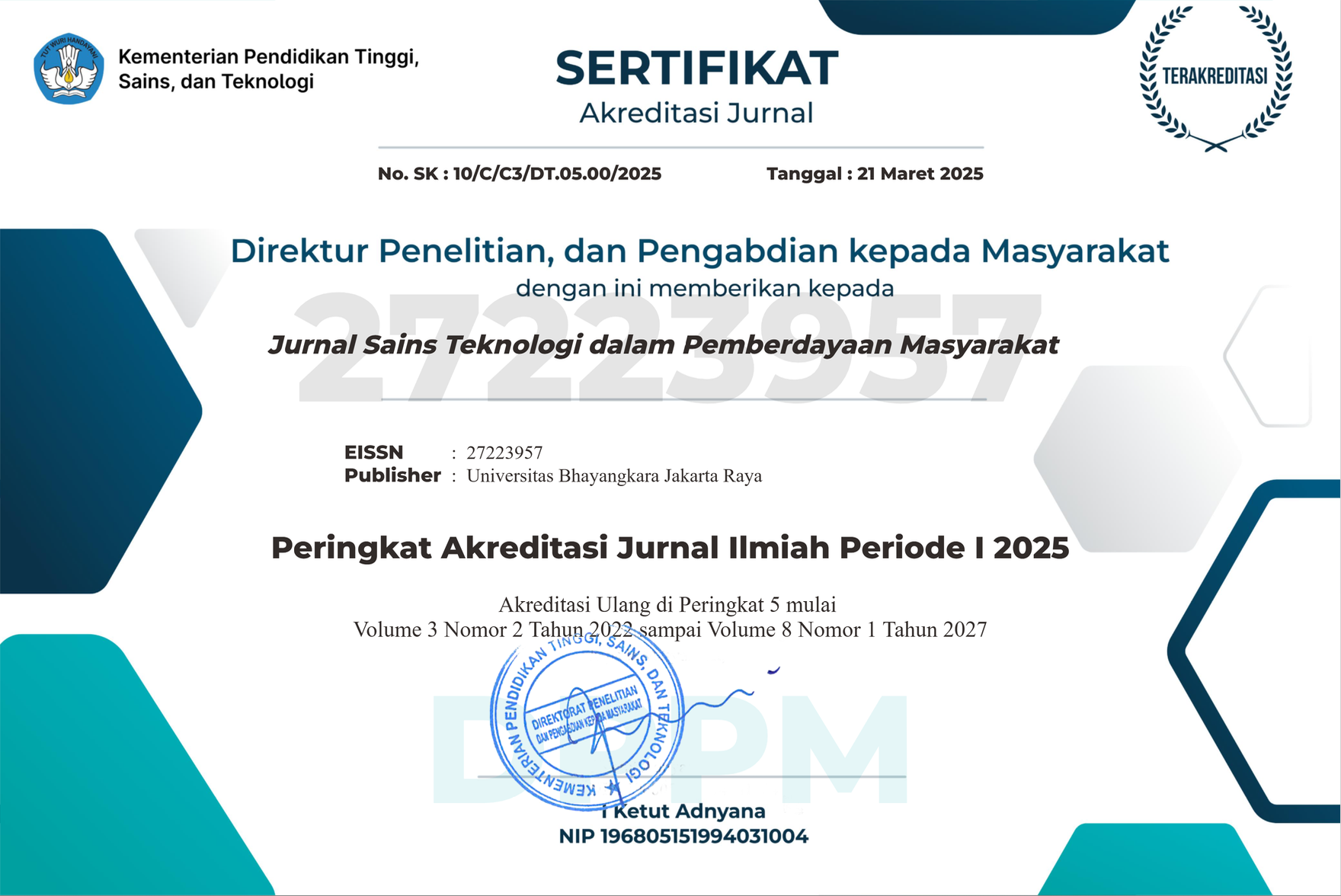Gelombang Kedua Pandemi menuju Endemi Covid-19: Analisis Kebijakan Vaksinasi dan Pembatasan Kegiatan Masyarakat di Indonesia
DOI:
https://doi.org/10.31599/jstpm.v2i1.718Keywords:
COVID-19, dynamic modeling, vaccination, community activity restrictions, second waveAbstract
The COVID-19 pandemic in Indonesia is still uncontrolled. The government has implemented 5M Campaign (wearing masks, washing hands, maintaining distance, avoiding crowds, and limiting mobility and interaction), vaccination program and Community Activity Restrictions (PPKM). However, the new caseshave soared very high due to the mobility of community during the 2021 Eid al-Fitr holiday and the existence of Delta variant. This condition triggered the second wave of COVID-19 in Indonesia. This community service activity aims to provide data analysis using a dynamic mathematical modeling approach related to vaccination, PPKM and the second wave situation. The model demonstrates that the peak of second wave will be at the end of July, then in early August 2021, the active cases will start declining. The decreasing of active cases in the second wave need more than one month to attain the peak level of the first wave that is in the early September 2021. The COVID-19 pandemic in Indonesia is estimated to be controlled by the end of December 2021 and it is likely to be endemic in the mid-year of 2022. The simultaneous implementation of vaccination and PPKM policies have impacted on reducing COVID-19 cases. The vaccination program must be consistently carried outto the target by ensuring the availability of any type of vaccines. Meanwhile, PPKM can be implemented continously, especially the high COVID-19 cases area until the situation is controlled. In addition, the practice of health protocols must be performed strictly to protect the community.


















